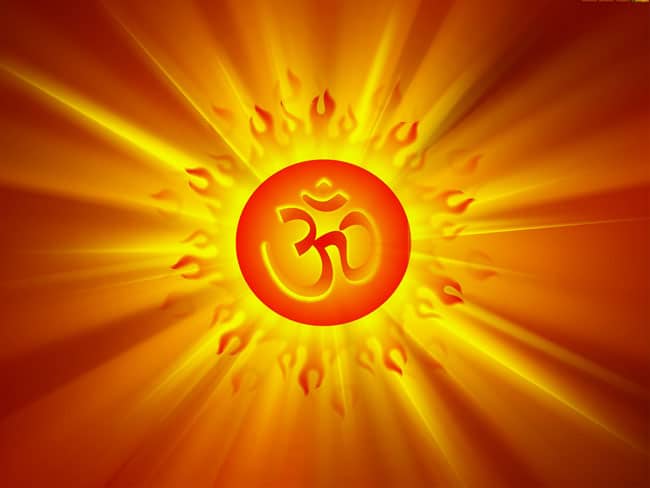In India, the worship of Devi is surely an old and integral portion of the traditions. These powerful goddesses are believed to be in charge of all facets of daily life, in the mundane to the spiritual. There are millions of Devis in India, each together with her individual special tale and persona. In this post, we are going to explore among the most popular Devis in Indian traditions and go over the way that they have come to define Indian society.
The Goddess Of Money: Lakshmi
Just about the most preferred Devis in India is Lakshmi, the goddess of wealth and affluence. She is often depicted keeping a lotus blossom and flanked by two elephants. Lakshmi is worshipped by Hindus all over India, especially throughout the celebration of Diwali. It really is believed that if a person worships Lakshmi with truthfulness, she will bestow these with great fortune.
The Goddess Of Information: Saraswati
Another popular Devi is Saraswati, the goddess of knowledge and wisdom. She actually is usually represented like a beautiful female wearing white clothing and on a lotus flower. Saraswati is venerated by pupils and scholars alike, as it is believed that she can offer information and enlightenment to the people who seek it.
The Goddess Of Exploitation: Kali
Kali, the goddess of dying and exploitation, can be another well-known Devi in India. She actually is often depicted as being a darkish-skinned woman with four biceps and triceps, each and every holding a tool. Kali is worshipped by many people Hindus, since it is thought that she can protect against bad causes.
The Important Thing:
These are just some of the most common Devis in India. There are many other goddesses worshipped by Hindus throughout the country. Every one has her own unique tale and character, as well as them engage in a crucial role in Indian traditions. By understanding these goddesses, we could much better know the complicated tapestry that may be Indian culture. Thanks for looking at! I am hoping this information has been educational and enlightening. Namaste!



